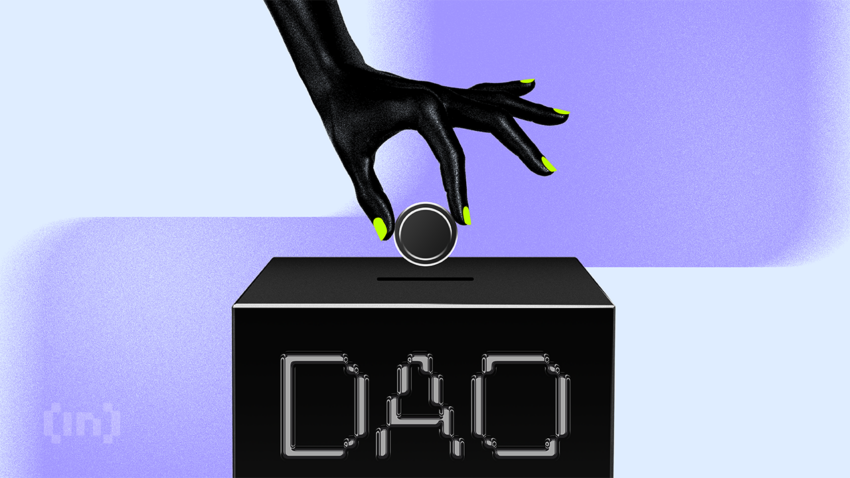In the wake of recent legal changes, many high-profile firms in Delaware are in turmoil. Balaji Srinivasan, ex-CTO of Coinbase, has started an important discussion. He highlights Decentralized Autonomous Organizations (DAOs) on Ethereum and Solana as promising options that could be alternatives for “corporate refugees.”
His suggestion comes as dissatisfaction grows with Delaware’s legal climate. This is notable after a judge ruled against Tesla’s CEO, Elon Musk. The case was about a significant pay package.
An Alternative to Delaware?
Delaware, long revered as the corporate capital of America due to its business-friendly laws, has recently faced criticism. The critique gained momentum following a Delaware court’s decision to invalidate a $55.8 billion compensation package awarded to Musk in 2018 by Tesla.
This ruling and Musk’s past legal issues in Delaware have sparked comments from him. He had to stick to a $44 billion Twitter purchase. Now, Musk warns against setting up companies in Delaware.
“Never incorporate your company in the state of Delaware,” Elon Musk said.
Srinivasan’s suggestion to consider DAOs as viable alternatives comes at a critical juncture. He posits that blockchain technology offers a novel approach to corporate governance that is transparent, democratic, and potentially free from the entanglements seen in traditional corporate jurisdictions like Delaware.
Read more: A Beginner’s Guide to Decentralized Autonomous Organizations
Balaji Srinivasan Explains How DAOs Can Help Crypto Companies.
Specifically, Srinivasan points to Ethereum and Solana, two leading blockchain platforms, as suitable foundations for these modern corporate entities. His advocacy for DAOs is bolstered by recent legislative developments in Wyoming, Tennessee, and the Marshall Islands, which have begun to recognize DAOs formally. This paves the way for a new era of “crypto companies.”
“DAO laws have now been passed both inside the US (Wyoming and Tennessee) and outside (in the Marshall Islands). It’s a new kind of fiat/crypto bridge. Not for cryptocurrencies but for cryptocompanies,” Balaji Srinivasan said.
The appeal of DAOs lies in their fundamental structure. Governed by smart contracts and operating on blockchain technology, DAOs offer a level of transparency and stakeholder engagement that is often lacking in conventional corporate models.
This structure could mitigate issues of conflict of interest and lack of transparency, similar to those highlighted in the Delaware ruling against Musk and Tesla’s board. DAO records every transaction and decision on the blockchain, providing a clear, immutable history that promotes fairness and accountability.
Read more: The Beginners Guide To Blockchain
This shift towards blockchain-based corporate governance could significantly evolve how companies are formed, managed, and regulated. It offers a tantalizing alternative for entrepreneurs disillusioned with the traditional corporate establishment, promising a more equitable and transparent model.
However, the transition of companies to DAOs is not without challenges. Regulatory clarity, technological infrastructure, and broader market acceptance are critical hurdles that must be addressed to realize the full potential of DAOs as corporate entities.
Disclaimer
In adherence to the Trust Project guidelines, BeInCrypto is committed to unbiased, transparent reporting. This news article aims to provide accurate, timely information. However, readers are advised to verify facts independently and consult with a professional before making any decisions based on this content. Please note that our Terms and Conditions, Privacy Policy, and Disclaimers have been updated.


